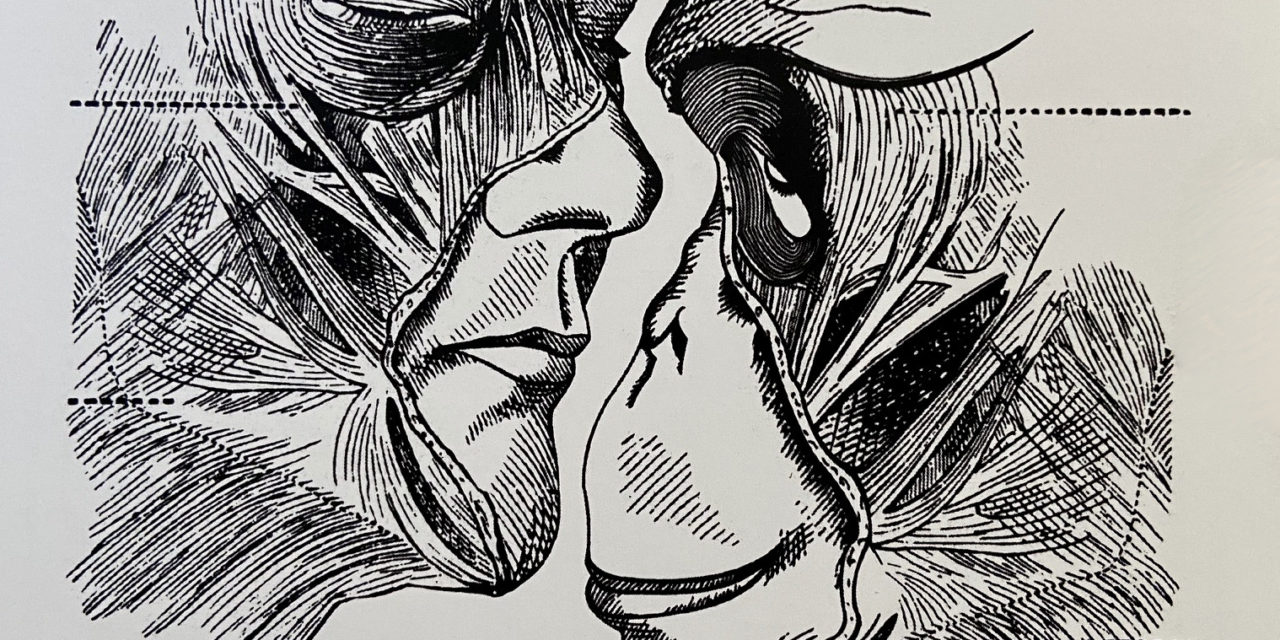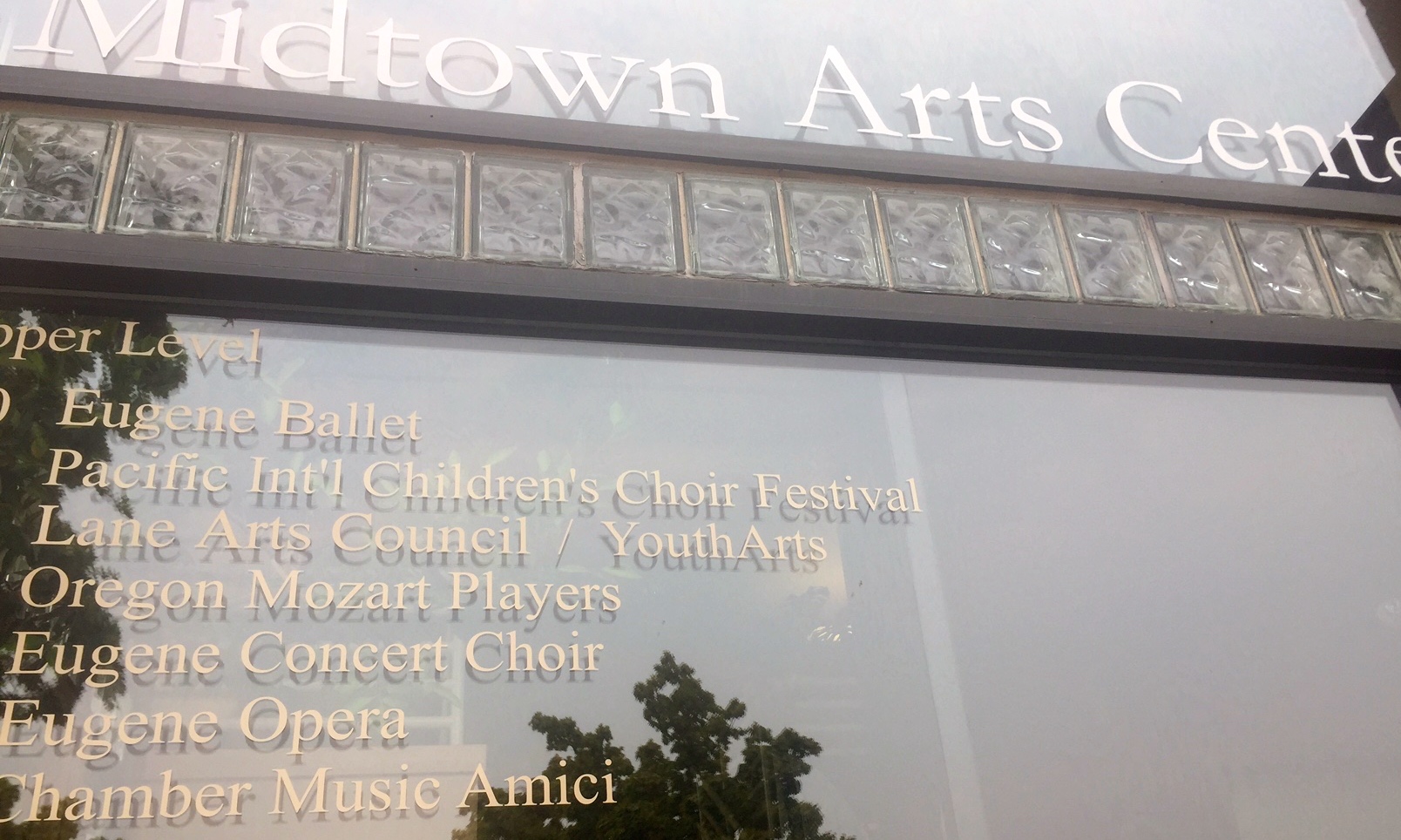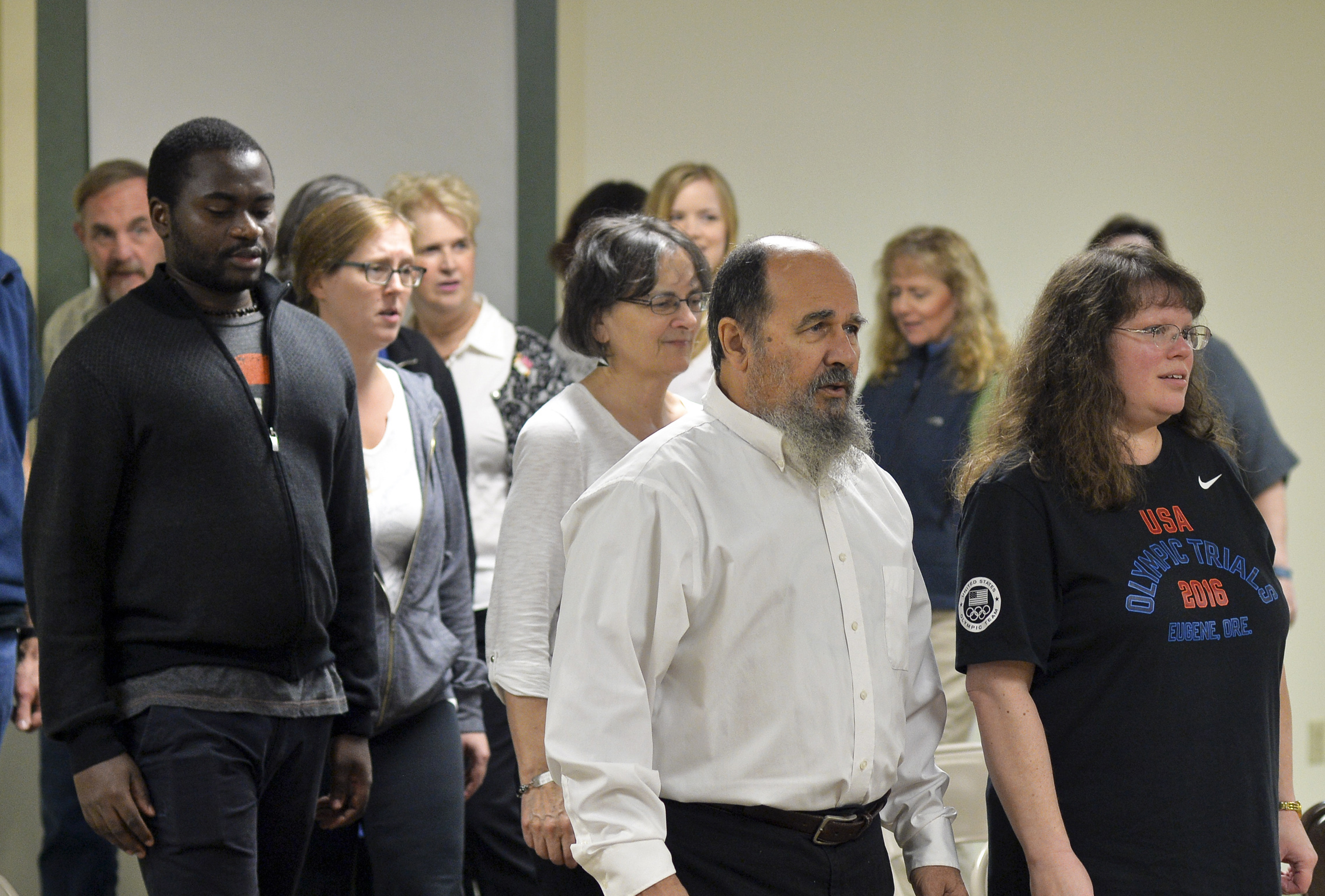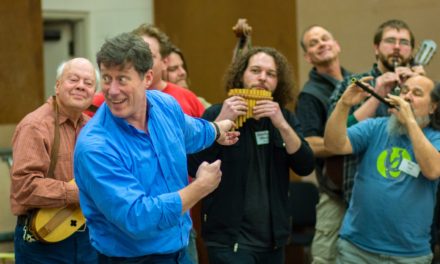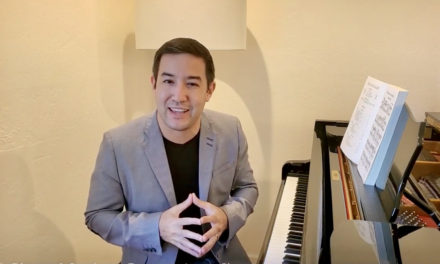By Randi Bjornstad
You may have heard the real-life story of Lucy, a chimpanzee that was “adopted” immediately after her birth in 1964 by a psychologist named Maurice Temerlin and his wife Jane, with the intention of raising the chimp as a full member of their family — their child, as it were — in order to study the her development in relationship to humans as opposed to other primates.
Maybe not surprising to many people who have raised human children, the experiment went relatively smoothly until Lucy became a teenager. In her younger years, according to a Wikipedia account of her life, she accomplished myriad skills, ranging from using silverware and sitting at the dining table — even learning to make and serve tea — to dressing herself, browsing through magazines, and communicating by using sign language.
But as an adolescent, Lucy became so strong, willful, and destructive in the Temerlin home that her presence could not be continued safely. She was sent to a chimpanzee rehabilitation center in a nature preserve in Gambia, and later on to an uninhabited island, where psychologist Janis Carter, who had worked with Lucy’s “parents” in the United States, devoted six years trying to ready Lucy and other chimps for assimilation into the wild. In that environment, Lucy appeared to suffer from depression and a lack of relationship with the other chimps. But when Carter left for a year and then returned, Lucy recognized her, greeted her with an embrace, and then turned and walked away with the other chimps.
Lucy lived only another year after that, and the circumstances of her death in 1987, whether by illness, accident, or poaching remain a mystery. She was approximately 23 years old. Maurice Temerlin died the next year at age 64.
The musical version of Lucy’s life, simply titled Lucy, is a one-act dramatic piece, or “monodrama,” composed by John Glover with libretto by Kelley Rourke.
In the case of the Eugene Opera’s Lucy, baritone Andrew Wilkowske sings the part of Maurice Temerlin, with Olivia Marie Jones as Janis Carter, the scientific assistant.
Andrew Bisantz is the conductor, and Jerry Mouawad directs the production.
Clearly, the life and fate of Lucy the chimpanzee have raised many questions through the years about the ethical treatment of such animals and the overall value of this kind of research.
To that end, in addition to the musical presentation, an outdoor panel discussion on the lawn outside the University of Oregon’s Museum of Natural and Cultural History — available to the public — will take place at 6 p.m. on Thursday, Sept. 23, in advance of the musical productions. The panel includes philosophy professor Erin McKenna and primatologist Klaree Boose, as well as the performers and creators of the piece. Tickets to the panel discussion may be reserved by emailing mnchticketing@uoregon.edu or calling 541-346-3024.
Eugene Opera presents “Lucy”
When: 7:30 p.m. on Friday, Sept. 24, and 2:30 p.m. on Sunday, Sept. 26
Where: Wildish Community Theater, 630 Main St., Springfield
Tickets: $60 general admission; $15 for students and youths; available at the door or online at wildishtheater.com
Special event: A free panel discussion on the ethical and practical issues of primate research will take place at 6 p.m. on Thursday, Sept. 23 on the lawn adjacent to the Museum of Natural and Cultural History at the University of Oregon; email mnchticketing@uoregon.edu or call 541-346-3024 to reserve a seat.
Information: 541-485-3985 or eugeneopera.org

